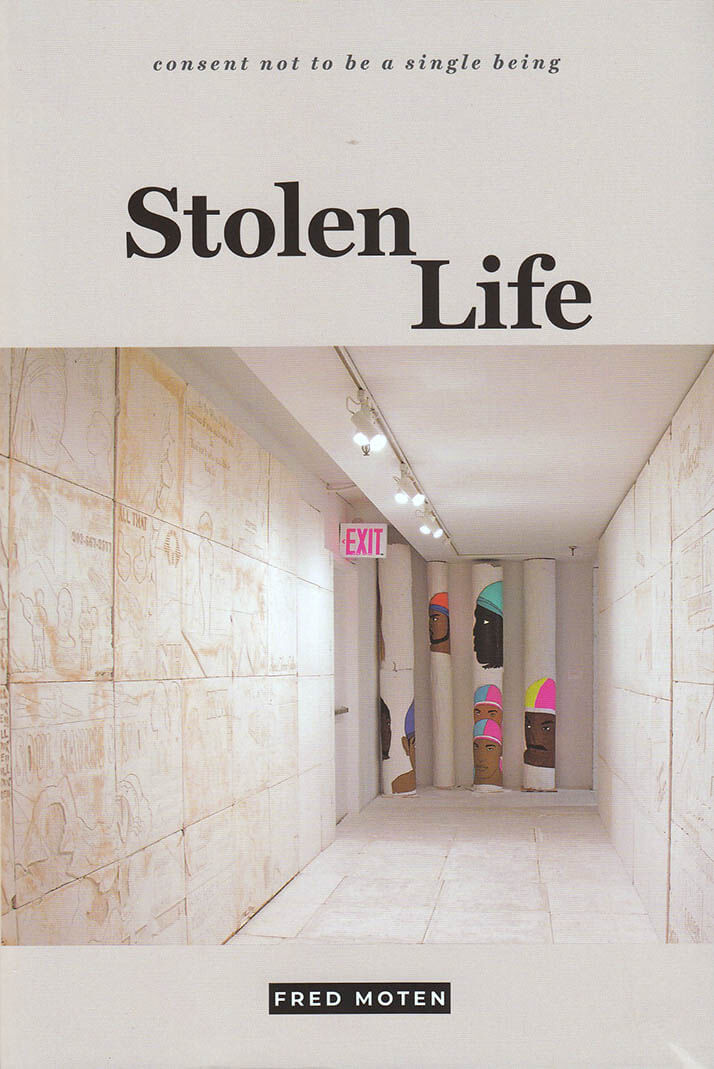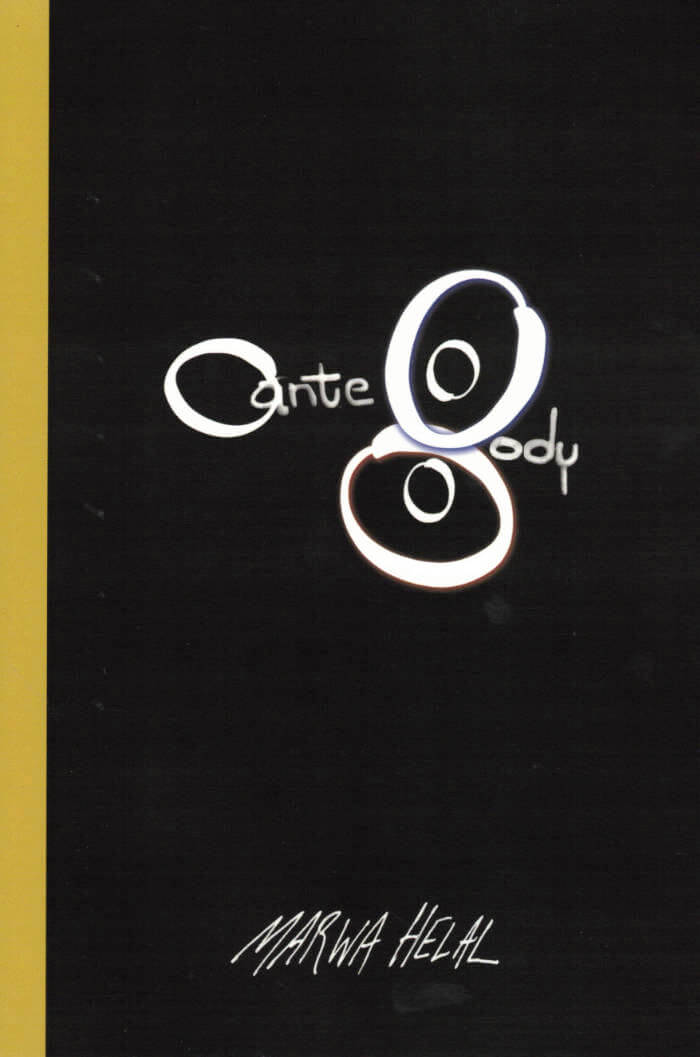
Stolen Life
In Stolen Life—the second volume in his landmark trilogy consent not to be a single being—Fred Moten undertakes an expansive exploration of blackness as it relates to black life and the collective refusal of social death. The essays resist categorization, moving from Moten's opening meditation on Kant, Olaudah Equiano, and the conditions of black thought through discussions of academic freedom, writing and pedagogy, non-neurotypicality, and uncritical notions of freedom.
Moten also models black study as a form of social life through an engagement with Fanon, Hartman, and Spillers and plumbs the distinction between blackness and black people in readings of Du Bois and Nahum Chandler. The force and creativity of Moten's criticism resonate throughout, reminding us not only of his importance as a thinker, but of the continued necessity of interrogating blackness as a form of sociality.
"2018 must go down for me as the year of Fred Moten’s trilogy: Black and Blur, Stolen Life, and The Universal Machine. You could say they’re essays about art, philosophy, blackness, and the refusal of social death, but I think of them more as a fractal universe forever inviting immersion and exploration, a living force now inhabiting my bookshelf." — Maggie Nelson, Bookforum
Fred Moten is Professor of Performance Studies at New York University and the author of Black and Blur and The Universal Machine, both also published by Duke University Press, and In the Break: The Aesthetics of the Black Radical Tradition.
Published July 2018
Language: English







